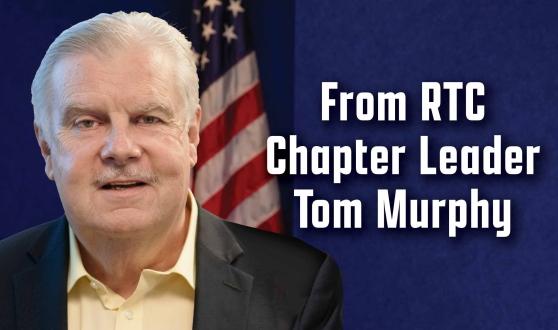
Once when I was bemoaning some unpleasant, unfolding event and hoping it would quickly come to an end, a friend of mine quoted one of her Irish mother’s pithy, cautionary sayings: Don’t wish your life away.
I guess that’s how I feel about our national nightmare. Although we’ve seen assault after assault on the enlightened achievements of organized labor and our progressive allies that were built over past decades, our worst nightmare is the lack of social graces emanating today from the highest office in the land. But we can’t wish our lives away.
We know sooner or later this nightmare, too, will be over.
The good news is that, imbued with the traditional optimism of unionism and forward-looking politics, we can help advance the process of building a better tomorrow. To reinforce our optimism, we can strengthen our resolve by looking at how far we have come in our own lifetimes as part of the UFT.
Let’s look through the prism of local activism that has had a ripple effect across the country.
In 2020, our union will celebrate its 60th anniversary.
Sixty years ago in the 1960s, under Charlie Cogen and Al Shanker, our union began the fight for dignity, economic security and a strong system of public education.
Fifty years ago in the 1970s, we had our last strike and learned through that experience more effective ways of approaching collective bargaining through the public and political forum.
Forty years ago in the 1980s under Sandra Feldman, we enhanced our lobbying efforts with the Albany Legislature in coordination with the Board of Education and at the City Council to improve funding for schools and the economic status and working conditions of teachers.
Thirty years ago in the 1990s under Randi Weingarten, we took some risks and built stronger social, community, labor and political alliances, finding that benefits for ourselves and our classrooms cannot be achieved in a bubble; that broader social activism brings collective progress.
Twenty years ago in the 2000s, new UFT President Michael Mulgrew took New York by storm, confronting 20 years of negativity emanating from City Hall and the Department of Education.
And after years of laying the groundwork for positive change, our strategy finally worked. In 2013, we elected a mayor who is pro public education.
Now, on the eve of the 2020s, this union is bearing the fruit of all those decades of activism. Today we are a power to be reckoned with in New York City, in Albany, in Washington and across the nation. We have used that power as a strong advocate for our students and for public schools, and to meet the needs and improve the benefits of rank-and-file members, the first obligation of any union worth its salt. We have also played our part in defending and enhancing the social contract as part of the broader goals of organized labor and its progressive allies at the grass roots level as well as nationally.
Our help in the sweeping congressional victories of the midterm elections in 2018 put the brakes on many of the assaults leveled against us. Since the House of Representatives has the constitutional power of the purse, attempts to cripple the earned benefits of Social Security, Medicare, Medicaid and the Affordable Care Act have been slowed immeasurably.
UFT retirees should take this summer respite to build up some activist energy. We should give some thought to what’s coming up. Next year, during our 60th anniversary as a union, many of us will again be enlisted into what Mulgrew calls his Daytime Army. The upcoming presidential and congressional campaigns will determine how well we can fight back against the regressive onslaught embodied in our national nightmare. The RTC has expanded from the handful of visionary retirees it was in the 1960s to a staggering membership approaching 70,000 activists who can tap into all those decades of achievement as our source of strength.
We have always been optimists. How else could we have spent our careers in our chosen profession looking into the expectant eyes in our classrooms or in other facilities. So let’s defy any nightmarish setbacks and face the future without wishing our lives away. Let’s raise the flag of optimism as our banner of hope. How can we do otherwise?